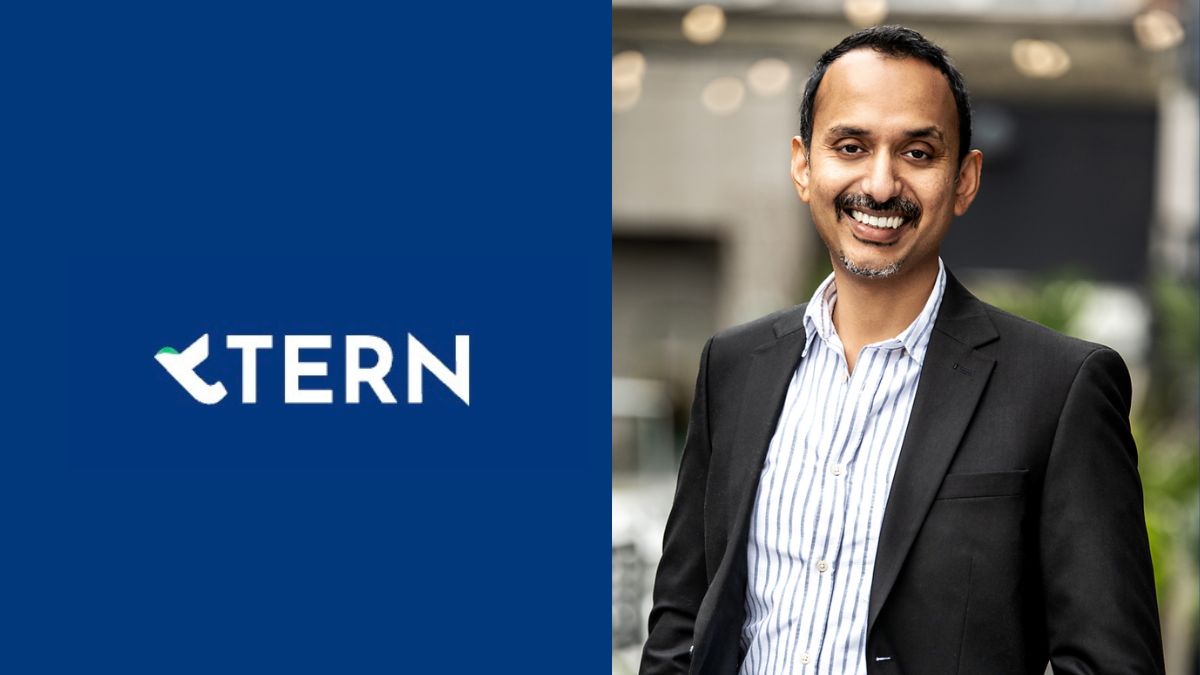With countries like Germany, the UK, Japan, and the US facing a huge shortage of nurses, the demand for skilled Indian healthcare workers is growing fast. These countries are not just offering better pay, but also better career growth, safety, and lifestyle. In 2023, over 70,000 Indian nurses moved abroad. That number is expected to rise by up to 30% in 2025.
I spoke to Avinav Nigam, CEO and Founder of TERN Group, who is on a mission to make global hiring easier, faster, and more transparent for Indian healthcare workers. During my conversation with Avinav Nigam, CEO and Founder of TERN Group, I got a better understanding of how his platform is helping Indian nurses go global. TERN is solving real problems, like delays in screening, visa issues, and relocation hurdles, using technology and a human-first approach. Their platform guides candidates through every step, from interviews to moving to a new country.
If you want to know how TERN is making global hiring smoother, how they use AI to speed things up, and why countries trust them to find the right talent, read my full conversation with Avinav below.
How are you currently leveraging technology to manage international hiring or workforce mobility?
TERN was born from something deeply personal — I lost a friend because of a staff shortage in a London hospital. Around the same time, I was seeing qualified nurses in India stuck in endless paperwork, unable to reach the very places where they were most needed. That’s when it became clear: the global healthcare hiring system isn’t broken because of lack of talent. It’s broken because of how inefficient and disconnected it is.
Everyone talks about sourcing. But the real breakdowns happen before and after the offer, in screening, in documentation, in language gaps, in relocation delays. Nearly 90% of international nurse candidates drop off before reaching an offer. And many of those who do make it still get lost in the system afterward.
So we built TERN to reimagine the whole journey, not just connecting people to jobs, but getting them through every step that comes after the match.
One of the first problems we tackled was screening. We built an AI-powered tool that simulates adaptive, real-time interviews, helping employers assess not just what’s on a CV, but how a candidate thinks, communicates, and adapts under pressure. That’s crucial for roles like ICU nurses or aged care workers, where human nuance matters.
But our work doesn’t stop at the interview. We pair smart automation with personalised, human-led guidance to support candidates through complex migration pathways. For instance, during our recent Talent Tour in Germany, our platform enabled rapid screening and job offers for over 100 nurses and supported them through every step, from language preparation to interview preparation to relocation to ensure a seamless migration to Germany.
That’s what makes TERN work. It’s not just a tech platform. It’s a system that fixes what’s been broken for too long and puts the candidate’s entire journey at the center.
Are inefficiencies in candidate matching or vetting affecting your time-to-hire for global roles?
That’s exactly the problem we set out to solve. At TERN, our tech-enabled platform reduces inefficiencies in both candidate matching and vetting, making global hiring faster, smoother, and more dependable. For a nurse, this means a guided and transparent journey where clinical expertise, language proficiency, and documentation are assessed with clarity and consistency, helping them feel confident throughout the process. Furthermore, our AI-powered screening provides a more thorough assessment of candidates. For example, for an NHS Trust, it results in a significantly reduced time-to-hire and better alignment between role requirements and candidate capabilities. By automating key steps across the hiring funnel, we remove delays without compromising on quality, compliance, or care.
Inefficiencies in candidate matching and vetting are minimised at TERN through our tech-enabled system. It fast-tracks the process by efficiently assessing and matching candidates to client job openings, evaluating critical parameters such as language proficiency and technical skills to ensure only the most suitable candidates proceed. Our AI-powered screening further enhances this by assessing skills more effectively, maintaining consistency in evaluations, and reducing time-to-hire, all while helping candidates feel prepared and confident. By automating these key steps, we significantly shorten hiring times without compromising on quality or fit.
Do you face challenges integrating recruitment with processes like visa documentation, relocation, or onboarding?
Integrating recruitment with visa documentation, relocation, and onboarding is often hindered by fragmented processes, hidden costs, and, in many cases, exploitation. At TERN, we’ve built a technology-powered platform that simplifies and safeguards every step of the journey — from job matching and credentialing to language training, visa processing, relocation, and post-arrival integration.
Beyond placement, we stay with our healthcare professionals, helping them settle into housing, open local bank accounts, navigate new cities, and grow their careers. Grounded in ethics, transparency, and empathy, TERN isn’t just a recruiter. We are a global workforce mobility partner, committed to helping professionals build better lives while reinforcing healthcare systems around the world.
What kind of visibility do your recruiters and hiring managers have across the candidate lifecycle right now?
On our platform, at any moment, a recruiter or NHS partner can see: ‘Laxmi from Kerala — matched, language verified, visa in process, interview next week.’ No guesswork. No email chains. When we began, one of the biggest challenges we saw early on was a lack of transparency. Hiring managers were often unsure about where candidates stood in the process. That’s why we built a platform that provides complete visibility at every stage of the recruitment journey. From matching and screening to document verification, interview scheduling, visa approvals, and onboarding readiness, everything is available in one place. It eliminates the need to chase updates. This approach has helped us place over 500 candidates last year alone, all fully prepared and language-certified, with no hidden costs or exploitation. This level of transparency not only speeds up decision-making but also builds trust and delivers a smoother experience for everyone involved.
Are scalability and automation priorities in your 12-month HR tech roadmap?
We have already automated critical steps like shortlisting, screening, and document verification, but this is just the beginning. With a hiring success rate of 88%, almost double the industry average, we are setting a new standard and rapidly expanding this advantage across sectors. Over the next year, we will invest heavily in proprietary AI for real-time skill validation, improve our placement forecasting, and broaden our reach into construction, logistics, and manufacturing. Our mission is clear, to deliver faster, ethical, transparent and more efficient hiring at scale without sacrificing quality or care. We know clients demand speed and trust, which is why we scale responsibly by leveraging technology that empowers our team and strengthens the human connection at every step. In addition to these advances, we also focus on preparing candidates for success beyond skills alone. Our seasoned counsellors support candidates with tailored training on etiquette and communication, ensuring they are ready to thrive in new environments.
Would a platform that reduces operational load and boosts global hiring speed be worth a closer look?
With a presence in over 11+ countries, our team has placed 500+ skilled professionals into critical roles within just 11 months. These placements span the UK, Germany, the Middle East, the US, Japan, and many more. Our success rate from interview to offer stands at 88%, far above the industry average of 40%. When a platform consistently delivers results at this scale, the real question is not whether it deserves a closer look. The real question is whether continuing with outdated, manual systems is holding you back while others move forward. TERN reduces operational strain, speeds up hiring, and brings consistency to every stage of the process. For healthcare systems facing growing demand and resource pressure, that is not just helpful. It is essential.
Wrap Up
TERN Group is not just solving a hiring problem. It is building a bridge between countries that need healthcare workers and Indian professionals looking for better opportunities. With the global nurse shortage expected to reach 4.5 million by 2030, platforms like TERN will play a big role in shaping the future of healthcare. Their focus on ethics, transparency, and technology makes the entire migration journey easier and safer.
It will be interesting to see how TERN expands into other sectors like logistics and manufacturing. But for now, they are already making a big impact in global healthcare hiring.





